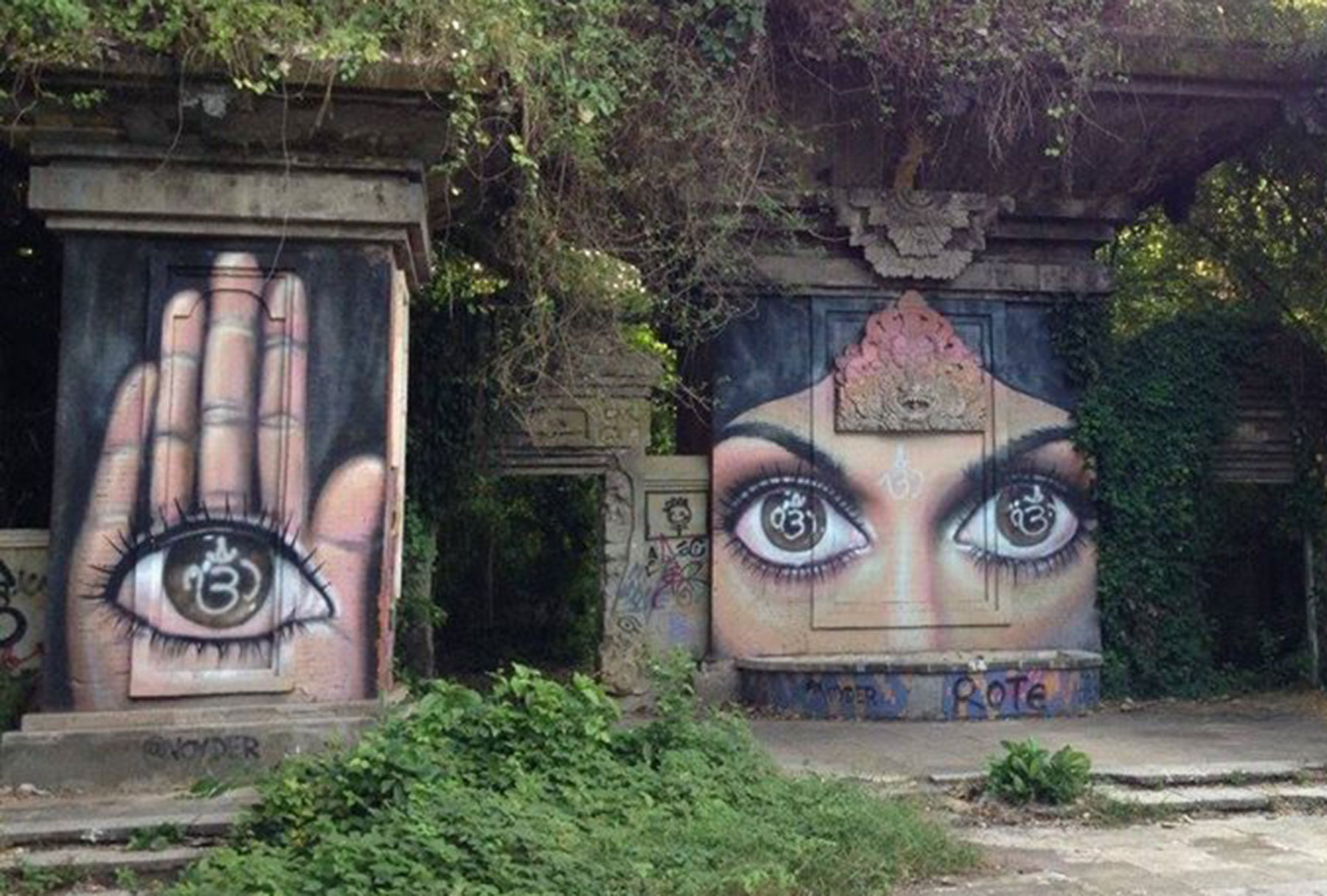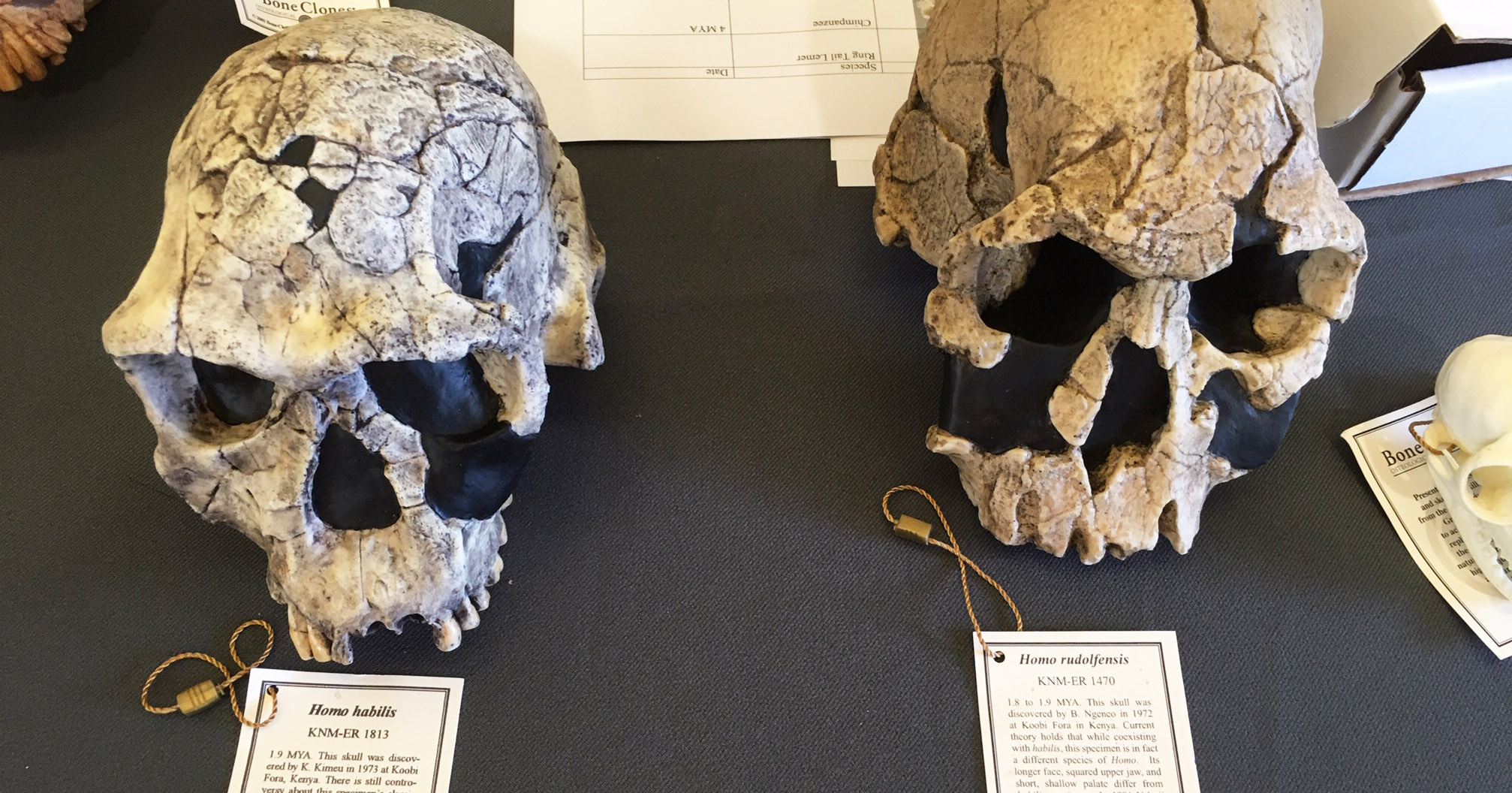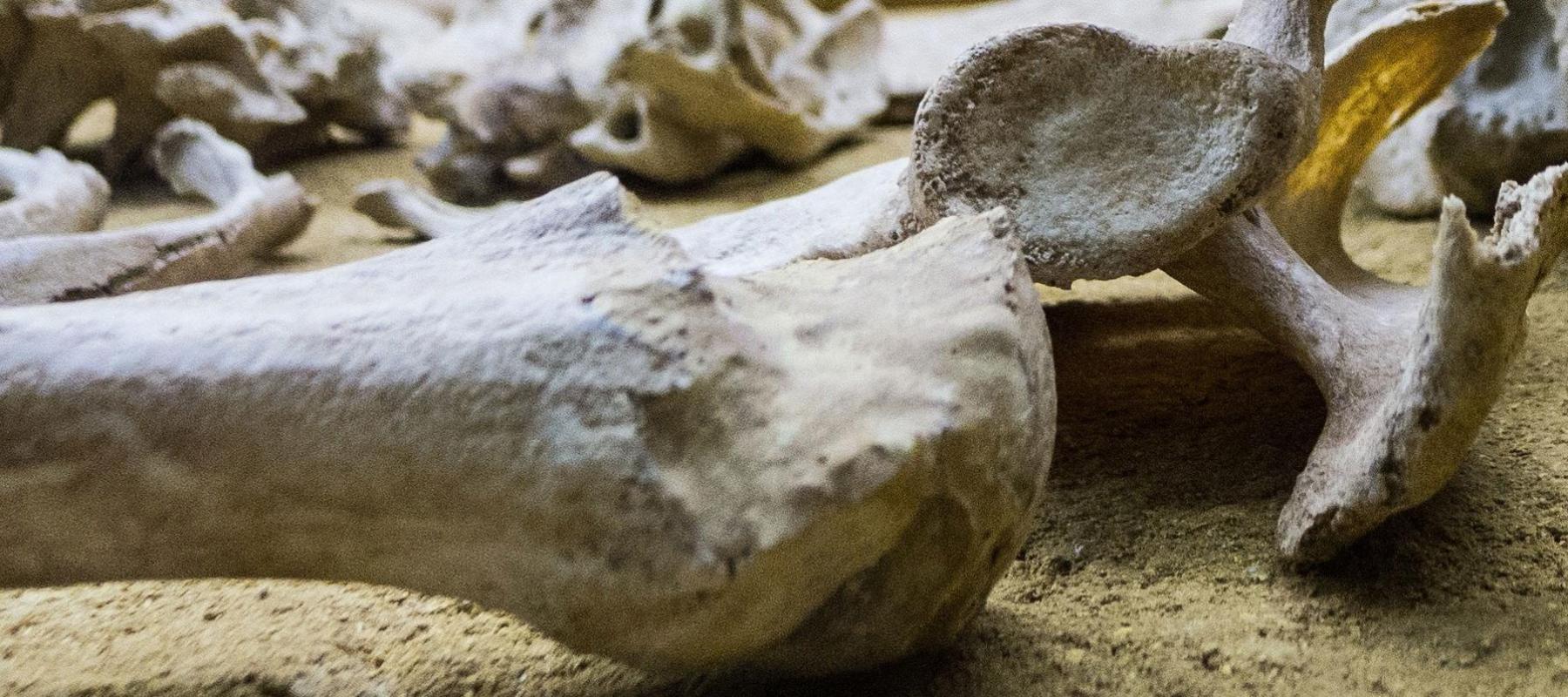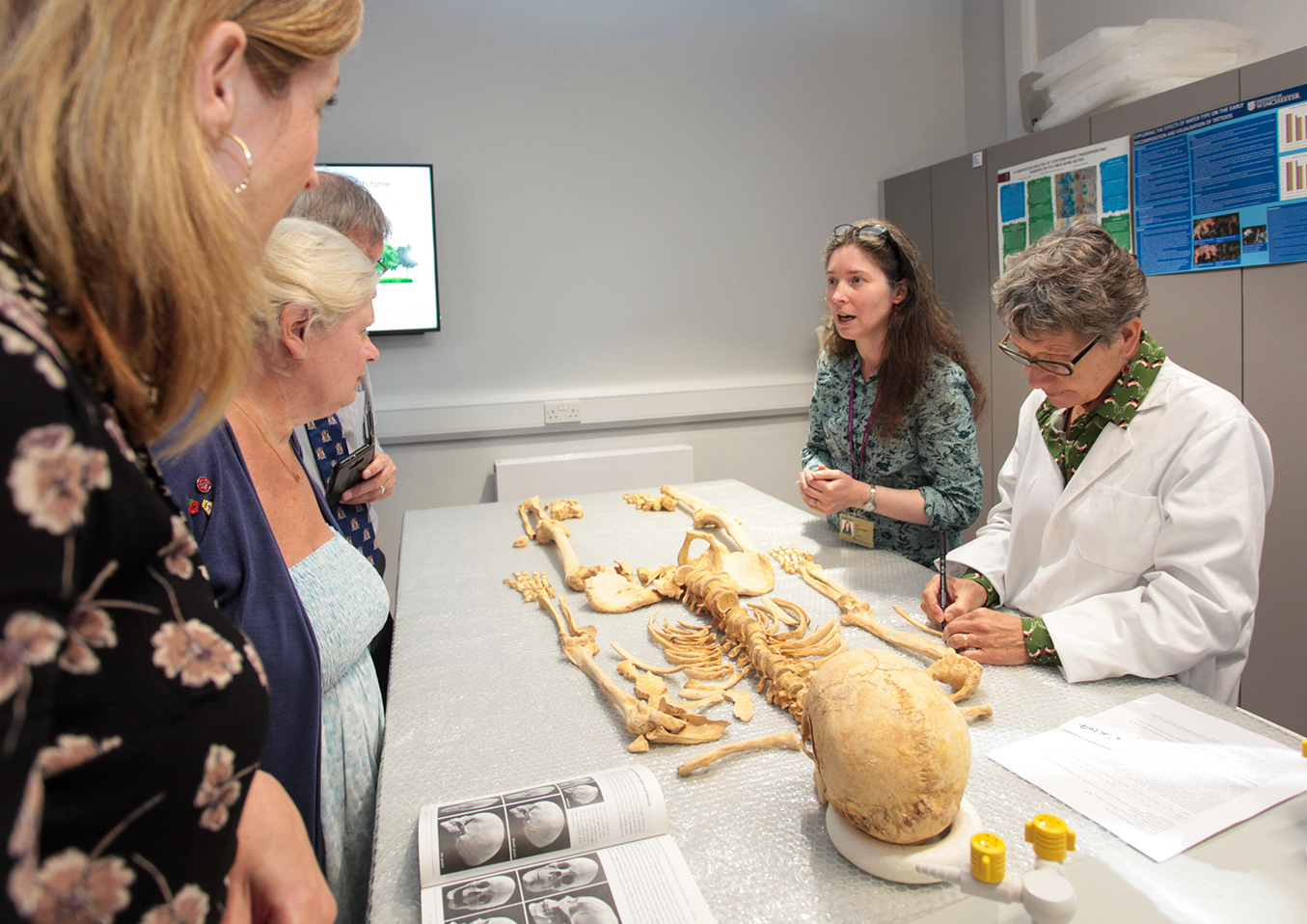
Welcome to Anthropology
Anthropology is a wide-ranging discipline that prompts us to ask questions about what it means to be human and how to value and understand human diversity. Through studies of human populations across the world and over time, anthropologists aim to increase our understanding of ourselves and others.
At Winchester we incorporate both biological anthropology (the study of human evolution and the biological aspects of humanity) and social anthropology (the study of present-day cultures and societies) into our teaching and research.
We currently offer the following courses:
- BA (Hons) Anthropology
- BA (Hons) Anthropology (with Foundation Year)
- BA (Hons) Anthropology and Archaeology
Details for all three courses can be found on the History and Archaeology Subject Area site.
NB: The placement in Year 2 referred to in this video will not exist for 2025 entry onwards.
Part of the School of History, Archaeology and Philosophy, we work closely with our Archaeology colleagues, and consider the insights of an archaeological approach an important strand in the human story. Our staff often work across these sub-disciplines, with research specialisations in human osteology, museums and cultural heritage studies, and anthropological archaeology.
 Early hominin skull casts, one of our many teaching resources
Early hominin skull casts, one of our many teaching resources
Opportunities and careers
Our students learn about this varied discipline both in the classroom and through external visits to museums, cultural heritage sites, and animal sanctuaries. Many have also applied their learning and developed valuable skills through placements with organisations like Hampshire Cultural Trust, Marwell Zoo, or Winchester Cathedral.
Recent graduates have gone on to work in commercial archaeology, the cultural heritage sector, education and a variety of other sectors, as well as pursued further study in forensic anthropology, human osteology, social anthropology and other related disciplines.
Latest news
Dem bones, dem bones: lessons from osteoarchaeology
March 2024
Osteoarchaeology can add valuable insights to what we already know about people’s lives from historical records. Dr Heidi Dawson-Hobbis has co-authored a chapter in the new book The Material Body: embodiment, history and archaeology in England, 1700-1880, published in February. The chapter, titled ‘Uncovering the lives of late-eighteenth and nineteenth-century inhabitants of Bristol through osteoarchaeological and documentary analysis’, examines the lives of five known people from all walks of life excavated from St George’s cemetery: a young working woman who died of tuberculosis, an elderly artist, an affluent elderly couple and a miner. “Our aim has been to explore how osteological analysis of known individuals can offer a more detailed insight into how their lived experience can manifest on their skeletal remains.”, write the authors. You can read the chapter online here.
Alongside Laboratory Manager Dr David Ashby, Dr Dawson-Hobbis has also written a paper detailing some of the pathological and scientific results from a study of the skeletons from our high-profile excavation the medieval leper hospital of St Mary Magdalen in Winchester.
Read the paper online here
Find out more about the Magdalen Hill Archaeological Research project (MHARP)

Public Engagement
We value and enjoy public engagement activity. We take part annually in London Anthropology Day and Dr Heidi Dawson-Hobbis has lent her expertise to an exhibition in Winchester Cathedral about the human bones from six Winchester Cathedral mortuary chests thought to contain the remains of an Anglo-Saxon Queen alongside several Anglo-Saxon Kings and Bishops. Read her blog about the research. Alongside students, Dr Dawson-Hobbis also took part in the celebratory opening of the University's Forensic laboratories (photo below).

Meet our Anthropology experts
Dr Lisa Bernasek, Senior Lecturer in Social Anthropology
Dr Heidi Dawson-Hobbis, Senior Lecturer in Biological Anthropology
Prof. Anna King, Professor of Religious Studies and Social Anthropology
Prof Niall Finneran, Professor in Historical Archaeology and Heritage Studies
Image top courtesy of History alumnus Patrick Young.
